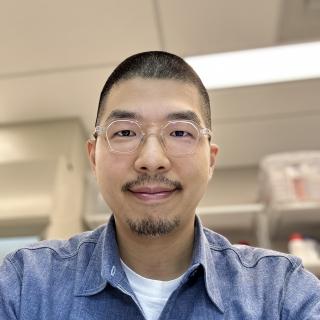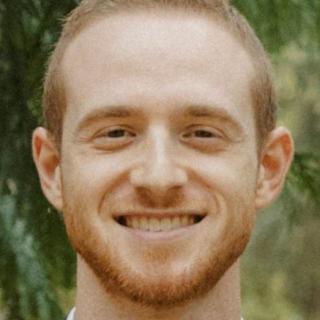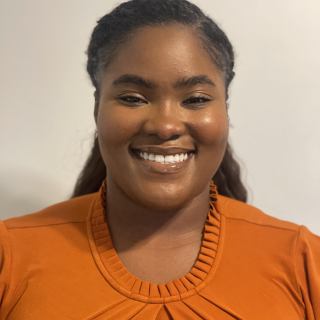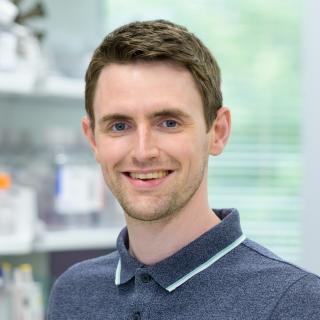
Francis J. O'Reilly, Ph.D.
- Center for Cancer Research
- National Cancer Institute
- Building 538, Room 210
- Frederick, MD 21701-1201
- 301-846-1508
- oreillyfj@nih.gov
RESEARCH SUMMARY
Francis O’Reilly is a structural biologist who combines structural proteomics, electron microscopy and integrative modeling to discover and structurally characterize protein complexes directly inside cells. His laboratory develops cutting-edge crosslinking mass spectrometry tools to produce dynamic maps of protein interactomes that identify structural changes linked to diseases like cancer.
Areas of Expertise

Francis J. O'Reilly, Ph.D.
Research
Protein-to-protein interactions are important to human health, but a large number of them remain uncharacterized. Some of this is due to a gap in imaging resolution between cell biology and structural biology. To bridge this gap, our lab is using crosslinking mass spectrometry (crosslinking MS) and other proteomics-based technologies combined with cryo-electron microscopy. These techniques allow us to visualize and describe how proteins are organized into molecular machines and are dynamically regulated. Our research goals are to functionally characterize newly discovered protein interactions and utilize disease models to understand their relevance to human health and cancer.
The topology of protein-to-protein interactions in situ in eukaryotic cells
The complexity and range of protein abundances in eukaryotic proteomes present a particular challenge for generating whole-cell interactomes by crosslinking MS and other technologies. The complexity of genetic tagging and difficult-to-purify protein complexes, such as those within membranes or phase-separated regions, requires studying interactions in situ. We pursue divide-and-conquer approaches to address this complexity and seek to generate a comprehensive 3D map of the proteome of an entire eukaryotic cell.
Discovery of novel protein complexes across human microbiome
The bacteria of the human gut have been implicated in many aspects of human health and disease. However, almost half of the protein-coding genes in the human gut microbiome do not yet have an annotated molecular function. This large proteomic 'dark matter' limits our interpretation of bulk genetic studies of the gut microbiome and of the roles of specific species. Crosslinking MS and other structural proteomics techniques allow us to generate whole-cell interactomes that enable us to design targeted experiments to characterize protein function.
Publications
Protein complexes in cells by AI-assisted structural proteomics
Reliable identification of protein-protein interactions by crosslinking mass spectrometry
In-cell architecture of an actively transcribing-translating expressome
Cross-linking mass spectrometry: methods and applications in structural, molecular and systems biology
Capturing protein communities by structural proteomics in a thermophilic eukaryote
Biography
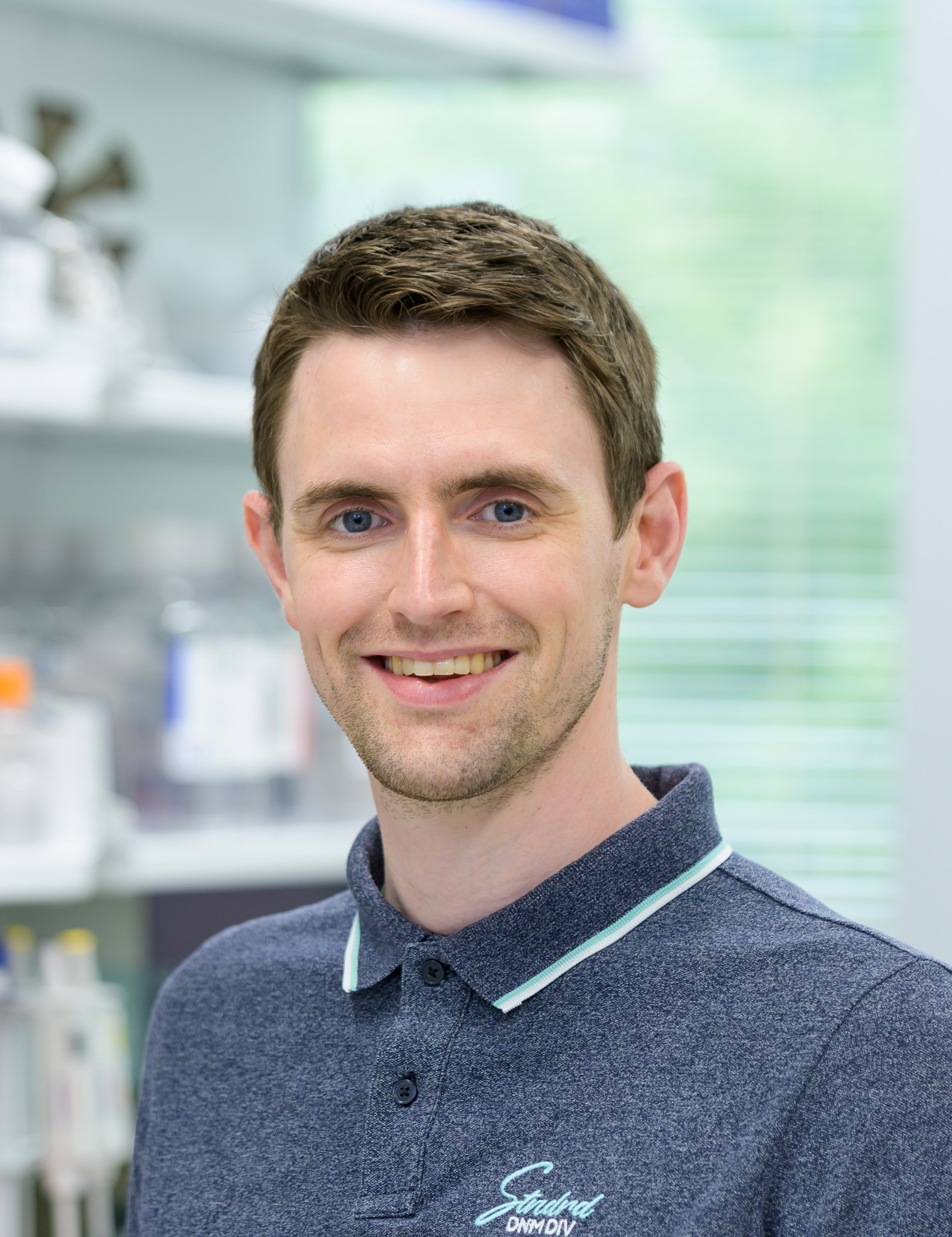
Francis J. O'Reilly, Ph.D.
Francis O’Reilly received his bachelor’s degree in biochemistry from the University of Edinburgh. He remained in Edinburgh to pursue his Masters by Research degree in the lab of Malcom Walkinshaw where he studied the structure of glycolytic enzymes using X-ray crystallography. For his Ph.D., he worked in the labs of Anne-Claude Gavin and Martin Beck at the EMBL-Heidelberg in Germany. There he developed approaches to combine proteomics with cryo-electron microscopy to improve the throughput of structural studies. He moved to the Technical University of Berlin for his postdoc in the lab of Juri Rappsilber where he developed crosslinking-mass spectrometry to identify and structurally characterize protein complexes in vitro and inside cells. Dr. O'Reilly joined the NCI in 2022 as a tenure-track Stadtman Investigator at the Center for Structural Biology.
Job Vacancies
We have no open positions in our group at this time, please check back later.
To see all available positions at CCR, take a look at our Careers page. You can also subscribe to receive CCR's latest job and training opportunities in your inbox.
Team
News
Learn more about CCR research advances, new discoveries and more
on our news section.
